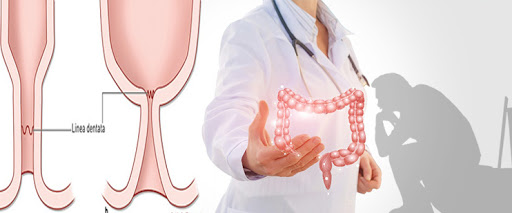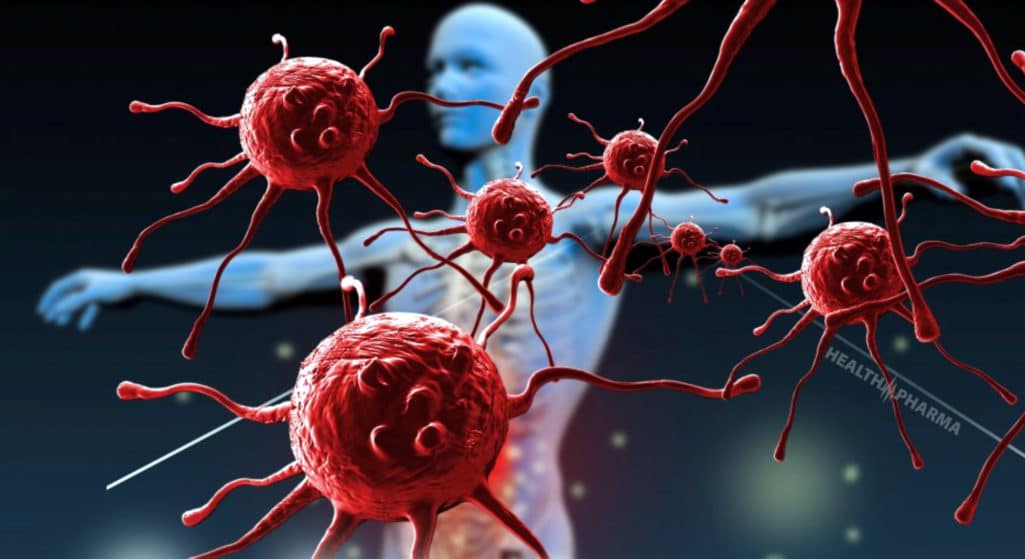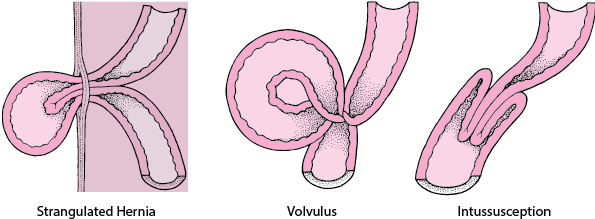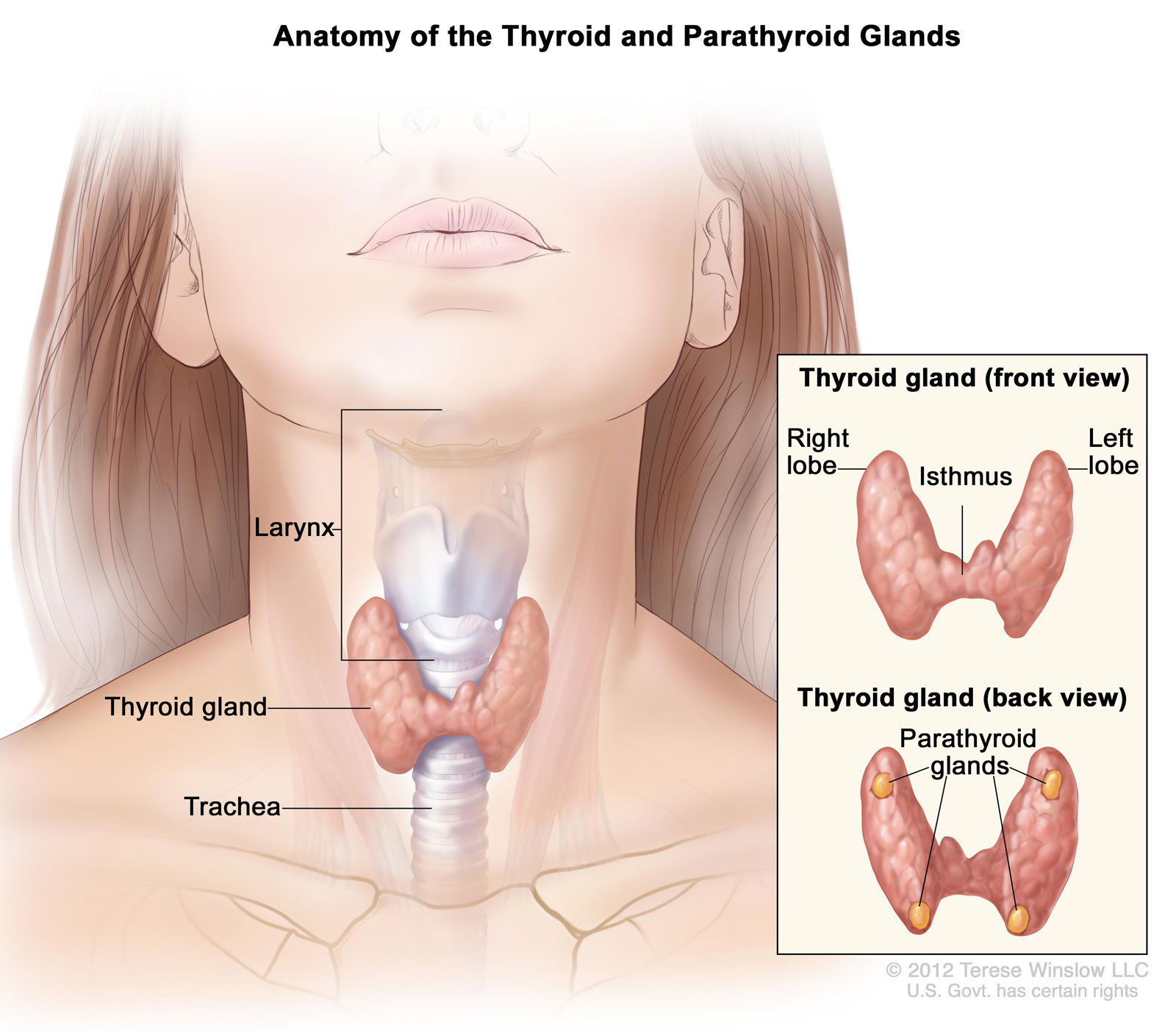
Blood in the stools. What could be responsible?
A common but not very easily discussed problem is blood loss from the intestine or rectum.
It is a problem that usually panics the person and they deal with it as conservatively and individually as possible by saying
or convincing themselves that it is a hemorrhoid.
The most common problem that is combined with blood from “below” is hemorrhoids. But not only that!
Other factors play an important role in solving the problem and these are:
Blood in the stools – The color
The more vivid red the blood, the lower the problem is. Black blood like tar, almost always comes from the stomach or duodenum (gastric bleeding ulcer) and should always direct us to the doctor or even the hospital, better, since it is also accompanied by dizziness, sweating, and a fainting tendency. While brighter, crimson, or even red is usually from the colon.
Purity
Blood mixed with stool usually comes from higher parts of the colon, while pure blood that “drips” and is always associated with and after defecation is almost exclusively due to hemorrhoids.
Blood in stools – Mucus – Pus
These usually indicate colitis, inflammatory bowel disease, or a polyp and should direct us exclusively to a gastroenterologist.
Pain
The presence of blood and abdominal pain along with diarrhea are signs of severe gastroenteritis. In contrast, the presence of abdominal pain and swelling with the parallel presence of blood in the stool is a serious condition and requires hospitalization.
Pain in the anal ring immediately after defecation is an indication of a fissure or thrombosis of a hemorrhoid and directs us to a surgeon or gastroenterologist.
But what are the most common problems associated with the presence of blood from the rectum?
Hemorrhoids – hemorrhoidopathy
Blood appears in the defecation, bright red, which is not mixed with the stool, often “dripping” into the pelvis or staining the paper. It is often accompanied by the noticeable presence of palpable lumps like “grape berries” in the ring.
Anal fissure
There is blood in the defecation and almost always intense pain that begins after defecation and continues!
Polyps in the intestine
They present blood in the stool, mixed with it (the further from the ring, the more mixed), and often mucus.
Colitis
Usually a specific type of colitis such as ulcerative or Crohn’s which are also accompanied by diarrheal syndromes and other systemic manifestations.
Bowel cancer
Blood is present in the stool, where depending on the location of the tumor, it can be from simple bright blood (such as hemorrhoids) or mixed with the stool, or simply anemia with a positive Mayer test (iron in the stool)!
Blood in the stools – What should we do?
The most important immediate activity is to check the color, quantity, and whether it is mixed with the stool, or not. We should see if the bleeding stops or not. To associate the blood with the presence of pain, pus, mucus, etc. To contact a specialist (surgeon or gastroenterologist) for more help and a clinical examination. We should not assume that it is simply a hemorrhoid and … it will pass.
Significant intestinal problems often become chronic and often create situations that are difficult to treat. For example, severe colitis and polyps that at some point “turn” into malignancy if not treated. Today, prevention and early diagnosis of such problems save lives.
For this reason, tests such as gastroscopy, colonoscopy or modern CT colonography are modern and safe diagnostic tools to treat intestinal problems.
For any of the above problems that may occur to you, contact a gastroenterologist or surgeon. is he responsible?









